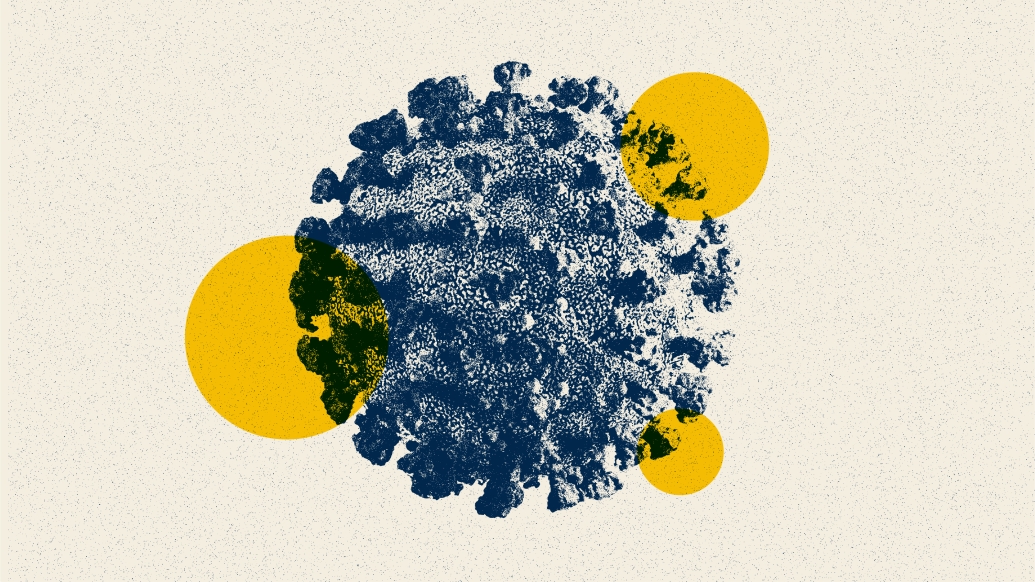Having both a vaccination and a previous infection helps provide immunity against some COVID-19 variants
5:00 AM
Author |

Research is shedding light on why ‘breakthrough’ Omicron infections occur in vaccinated individuals and suggests those who are both vaccinated and experienced previous infection have better protection against getting sick again.
The research shows that having both infection and vaccination with the “wild-type” virus, or the original COVID-19 variant, provides individuals with the strongest protection against all variants; those who were unvaccinated or who had not previously had the virus were more likely to have undetectable neutralization against all variants of COVID-19. Immunity provided by vaccines appears to wane over time. The research supports Omicron-specific vaccine boosters to better protect those who have not previously been infected.
“This study shows that immunity from infection, sometimes called ‘natural immunity,’ plays an important role in protection against subsequent COVID-19 infection,” James Baker, Director of the Mary H. Weiser Food Allergy Center, said.
Authors of the research include Charles Schuler, M.D., assistant professor of Internal Medicine and assistant professor of Mary H Weiser Food Allergy at the University of Michigan Medical School; Kelly O’Shea, M.D., assistant professor of Internal Medicine and Assistant Professor of Mary H Weiser Food Allergy, Medical School; and James Baker, M.D., Director, Mary H. Weiser Food Allergy Center, Ruth Dow Doan Professor of Biologic Nanotechnology, Professor Emeritus of Internal Medicine, Medical School and Biomedical Engineering, College of Engineering.
The research was funded by The University of Michigan (Institutional Funding via a COVID-19 Innovation Grant as well as funding from the Mary H. Weiser Food Allergy Center), the National Institutes of Health (UL1TR002240), and through a related sponsored project from Healgen Scientific.
Paper cited: “Wild-type SARS-CoV-2 neutralizing immunity decreases across variants and over time but correlates well with diagnostic testing,” Frontiers in Immunology, Volume 14-2023. DOI: 10.3389/fimmu.2023.1055429

Explore a variety of health care news & stories by visiting the Health Lab home page for more articles.
Want top health & research news weekly? Sign up for Health Lab’s newsletters today!





